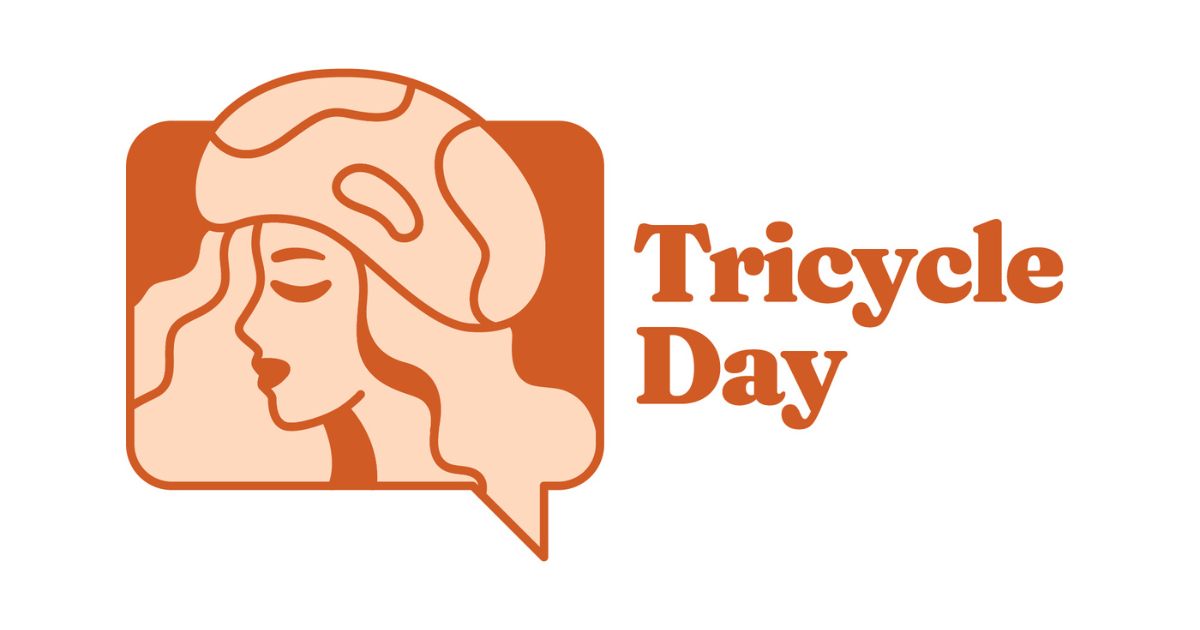
Welcome to Tricycle Day. We tell you what’s happening in the psychedelics world, so you can be the smartest person at the ayahuasca ceremony. 🧠
Today, we’re covering new tech that could fix one of the biggest threats to mainstream adoption.
Before we get into it, heads up! This is the last daily newsletter you’ll see from us. Two weeks into writing Tricycle Day, we’ve learned a lot, but we’re still experimenting.
From now on, you’ll receive one newsletter from us a week. Keep an eye out on Wednesday morning for a new and fresh format.
Let’s address the elephant in the room…
Psychedelics have a sexual abuse problem.
No one wants to talk about it because advocates are already fighting an uphill battle to destigmatize psychedelics after decades of being relegated to the shadows.
Let’s be real though. Ignoring a problem rarely solves it. In fact, it usually gets worse.
Just ask my wife who keeps restocking our Raisin Bran, no matter how fast I demolish it. (Love her for that. ❤)
First, let’s be clear. Sexual abuse exists at alarming rates (7-12% by some estimates) even in traditional talk therapy.
But adding psychedelics into the mix increases the risk of foul play for a number of reasons.
Power dynamic — When a patient is on psychedelics, their sense of reality gets distorted. The therapist-patient relationship can easily become more lopsided or coercive under these conditions.
Vulnerability — Psychedelics, especially MDMA, can illicit emotions and feelings of intimacy, which can make someone more susceptible to abuse.
Lack of regulation — Psychedelic-assisted therapy is still a new and unregulated approach, which can make it more difficult for victims to speak out, seek help, or report abuse.
Unqualified practitioners — With most therapists or ‘guides’ still operating underground, amateurs and malicious actors can offer psychedelic therapy without proper training, credentials, or oversight.
Sexual abuse is a fairly well-documented problem in the psychedelic movement, so there have been efforts to prevent it from continuing.
Regulation and licensing of practitioners helps in states and countries where psychedelics have been legalized.
So do awareness campaigns, training programs, professional codes of ethics, and ongoing research.
But one stone that hasn’t been unturned is technology… until now.
AI for Psychedelic-Assisted Therapy?
Nah, we’re not talking about some kind of robo-tripsitter. I think we all know how that story ends.

Set and setting error 500: BAD TRIP.
Radix Motion, a Silicon Valley startup focused on human movement data, has other plans.
Their goal? To create safer and more private psychedelic therapy sessions for patients.
Radix’s tech uses AI to identify and analyze the live movement of a psychedelic facilitator during a session. If it detects anything shady or potentially predatory, it activates real-time alerts and safety measures.
The tech works without sending or storing any video information, which helps to guard patient privacy.
They’ve already submitted a patent application, so now they play the waiting game.
In the meantime, you can check out their other products, which include a smart lamp that measures your heart rate and an AR messaging app that lets you send holographic dances to your friends.

Apparently it tells you your carbon footprint, too?
Yeah, they were definitely tripping when they came up with these. 🫠
Microdoses
Baylor launches program focused on bioethics and health policy of psychedelics research.
Psychedelic enthusiasm skips the study of side effects.
From The Beatles to Pink Floyd: The birth of psychedelia in 10 songs
Psychedelic horror experience ‘Happy Game’ from Amanita Design is coming to iOS and Android on Thursday.
That's all for today! If you're picking up what we're putting down, share this newsletter with all your friends. New subscribers make us trip! 😵💫
DISCLAIMER: This newsletter is for educational and informational purposes only and is not intended as a substitute for professional medical advice. The use, possession, and distribution of psychedelic drugs are illegal in most countries and may result in criminal prosecution.


